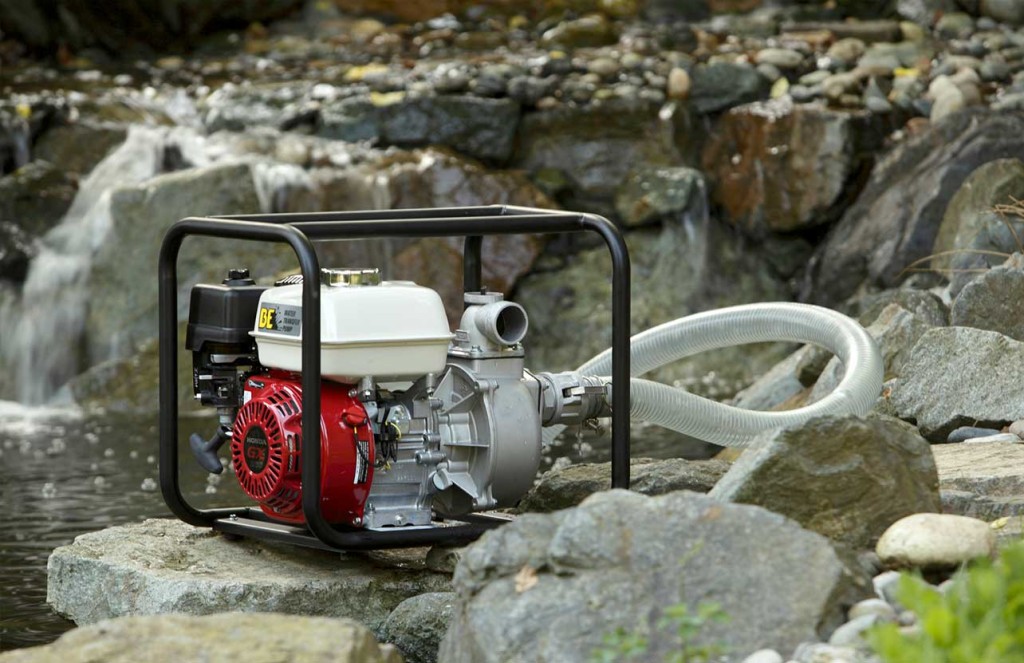The Difference Between Clean, Dirty / Trash and Chemical Water Pumps

When it comes to purchasing a water pump, one of the biggest choices you will face is exactly what type of pump suits your needs best.
What can a clean water pump transfer? What is the difference between a dirty and trash water pump? What are the best applications for a chemical water pump?
These are questions we're commonly asked, so this guide aims to provide a simple explanation to make your purchasing decision easier.
Clean Water Pumps
For most domestic users, a clean water pump will be more than sufficient.

As the name suggests, these pumps are suitable for water sources that don’t contain any corrosive liquids or medium to large pieces of debris.
Ideally used with well-maintained ponds and fountains, flooded areas and large water transfers, a clean water pump will perform to a high standard, providing the water source isn’t contaminated.
For commercial, agricultural or industrial uses, we would suggest a stronger pump which is built to transfer tougher sources of water.
Dirty / Trash Water Pumps
The term 'dirty water pump' is primarily associated with electric submersible water pumps, whereas larger petrol and diesel pumps are usually branded as 'trash water pumps'.
Both are built to handle similar water sources as clean water pumps; however, they can also pump water with much bigger particles and debris in.
This means that if your pumping requirements include dirty or contaminated water sources, it won’t clog your pump or cause damage to the internal components.
Using deep impeller vanes and heavy-duty centrifugal pumps, trash water pumps are more than capable of transferring liquids which contain smaller stones, leaves, gravel and more.
Chemical Water Pumps
When you’re dealing with corrosive liquids, chemicals or sea water, a chemical water pump is required.
These are built out of tougher plastic which can withstand abrasive liquids and are ideal for pumping everything from agricultural fertiliser to industrial waste.
Sulfates, nitrates and chlorides will pose no threat to the very best chemical water pumps.
These pumps are best suited for commercial and agricultural users, as most domestic users will not encounter liquid that’s abrasive enough to warrant a chemical water pump.
Now You Know Which Pump Is For You
Hopefully now you understand which water pump suits your needs best.
You can browse our full range here, and if you require any assistance please don't hesitate to contact us on 01437 700123.

